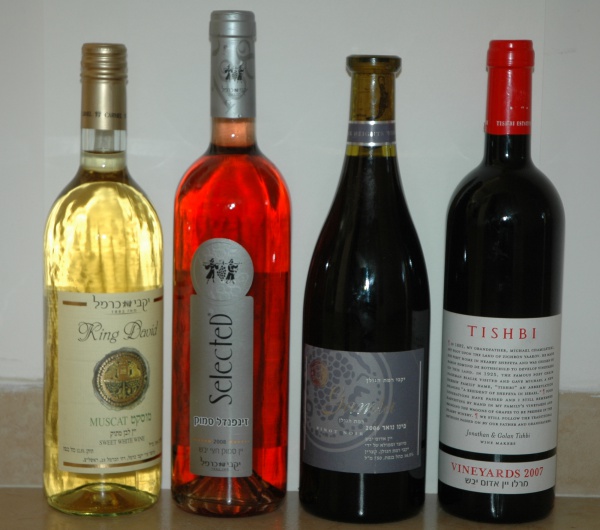Facts About Israeli wine
Israeli wine boasts a captivating history that traces back to biblical times. Fast forward to the late 19th century, and you’ll discover that the modern Israeli wine industry owes its foundation to Baron Edmond James de Rothschild and the Carmel Winery. Initially, the emphasis was on producing Kosher wines, but the 1980s witnessed a quality revolution, driven by the expertise of international winemaking specialists.
Today, Israel is home to over 300 wineries spread across five key regions: Galilee, Judean Hills, Samson, Negev, and Sharon Plain. The country's Mediterranean climate and diverse geography create ideal conditions for viticulture. Notable grape varieties include Cabernet Sauvignon, Chardonnay, Merlot, and Sauvignon Blanc. Recently, grapes such as Cabernet Franc and Syrah have also gained prominence.
Israeli wines have earned international acclaim, with many wineries receiving prestigious awards and high ratings from renowned critics like Robert Parker and Oz Clarke. The industry has experienced remarkable growth, producing 36 million bottles annually and seeing a rise in boutique wineries. Wine tourism, or enotourism, is also flourishing, with increasing initiatives promoting visits to the region’s vineyards.
However, the industry faces challenges, particularly concerning labeling and exports. Wines produced in Israeli-occupied territories, such as the Golan Heights and the West Bank, have sparked debates over labeling rules and international trade agreements. Despite these obstacles, Israeli wines continue to dazzle on the global stage, celebrated for their quality and distinctive flavors.

 Jordan
Jordan